
First-Time Taxpayer? 12 Tax Credits and Deductions You’re Eligible For
The upcoming tax season causes even seasoned people to break out in a cold sweat. It can be scary if you are a sole proprietor and ready to file your first income tax return.
Moreover, filing taxes entails more than simply handing over a portion of your earnings to the government. It also qualifies you for various tax benefits and deductions. We provide you with a list of credits and deductions that you can claim if you are an Indian filing taxes for the first time in the United States. In addition, you will get some money back from your ITR (Income tax return).
The Best Way to Filing As a Sole Proprietor
As a first-time tax filer, you should begin the procedure as soon as possible to get the most out of it. The sooner you begin, the less complicated it will be for you. As a result, it is suggested to get started in January, as the federal tax deadline is April 15.
Here’re some critical prerequisites that will help you stay ahead of the tax returns curve:
1) Determine your eligibility: It is critical to determine whether you satisfy the IRS’s income criterion for filing taxes. If your income falls within or above the threshold, you must pay taxes.
So add up your gross income from your job and other sources such as interest, dividends, property rent, etc. After certain deductions, this is the amount on which you must pay tax.
2) Have your documents ready: You will receive a W-2 form from your employer if you’re employed. Clients will issue 1099-NEC forms to freelancers and contractors. For paid tuition, grants, fellowships, and other awards, students will get form 1098-T. As a student, you can also claim the tax credit. Keep the paperworks mentioned above on hand from January to February for filing taxes quickly.
3) File all receipts and papers: Get organized and file all medical bills, receipts, investment papers, and other important documents as soon as they arrive. It will assist you in completing your ITR and claiming deductions where applicable. The IRS requires that you keep these data for three years.
Recommended: Filing Taxes for the First Time?? Here are some Handy Tax Tips for You (aotax.com)
12 Tax Credits and Deductions You Can Claim When Filing Taxes
Why not pay your taxes with a smile if you are eligible as a taxpayer?
Here is a list of tax credits and deductions to help you save money on your taxes. In addition, it can assist you in claiming an IRS refund (Internal Revenue Services):

1) Retirement savings: This credit is available to part-time students who contribute to a retirement plan. If you aren’t a claimed dependent, you can apply for this deduction.
2) Charitable donations: Being a philanthropist can help you save money on taxes. A donation to your preferred charity can be deducted for $300. Single filers pay $300, while joint filers pay $600.
3) Student loan interest: Paying for your own or your family’s education qualifies you for this tax break. The interest you paid on a student loan for yourself, your spouse, or a dependant can be reduced to $2500. If you are married and filing jointly, you can claim it.
4) Deduction for tuition and fees: You can deduct up to $4000 in tuition expenses for yourself, your spouse, or a dependent. This deduction is only available to single filers with a gross income of $80,000 or less. For joint filers, it’s $ 160,000 or less. You will need to fill out Schedule 1 and Form 8917 while filing taxes to claim it.
5) Child tax credit: If your children are under 17 and you pay a significant amount of their expenses, you can claim the deduction. It is $3600 per child under the age of five and $3000 for a child between 6 and 17 years.
6) American Opportunity Tax Benefit (AOTC): This credit covers your higher education expenses. This category allows you to deduct the amount you spent on tuition, classroom materials, and books.
It costs $2500 per student and pays for the first four years of college. When your gross income reaches $90,000 for single taxpayers and $180,000 for joint filers, it decreases.
7) Self-employment tax deduction: If you are self-employed, deduct half of the 15.3% self-employment tax you paid in 2021. Claim this tax in Schedule 1.Recommended: 14 Tax Breaks for Filing as Self-Employed NRI in the US – AOTAX.COM

8) Home office deduction: You can claim this deduction if you run a small business or freelance from home. You can claim a maximum of $1500 for a home office of 300 square feet. Visit the IRS website for more information (irs.gov).
9) Unemployment benefits repayment: Your honesty may help you receive a tax credit from the IRS. You can claim the overpaid amount in your deduction if you got an overpayment of unemployment benefits and pay it back to the IRS.
Please claim it within the year in which you were overpaid. Otherwise, claiming it later, while legal, may become inconvenient.
10) Renewable energy credit: Going green to help save the environment can now help you receive resident energy-efficient property credit. You can claim this credit on your ITR if you use solar energy to heat water, have geothermal heat pumps, or harness wind energy.
11) Family leave for the self-employed: You can claim this credit if you are self-employed and tended to family members during Covid in 2021. This deduction is available even if you were ill due to COVID-19.
12) Recovery rebate: If you didn’t receive your third coronavirus stimulus check or a portion of it last year, you could claim it as a recovery rebate credit. The amount for singles is $1200, married couples get $2400, and each dependent receives $1200.
As a first-time taxpayer, you can take advantage of these tax credits and refunds on your final tax bill. In addition, you might get a rapid refund from the IRS if you are filing taxes online.
Contact AOTAX for assistance if you are an Indian filing taxes for the first time in the United States. We’ve assisted over 2 million Indians in the last 15 years in becoming tax-compliant and saving money.




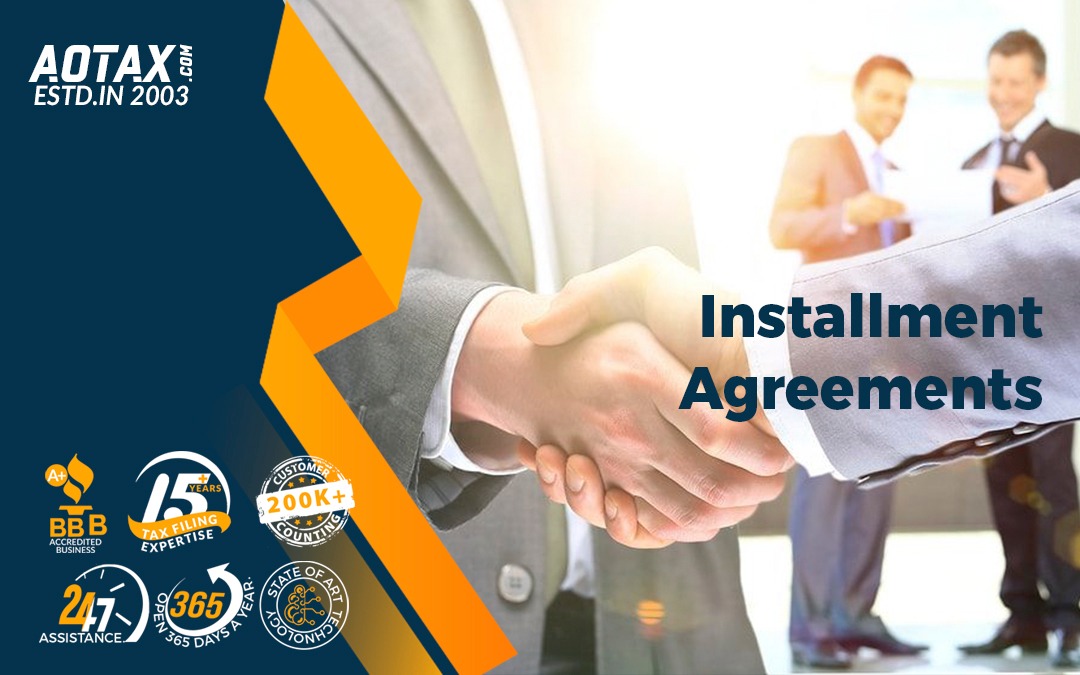

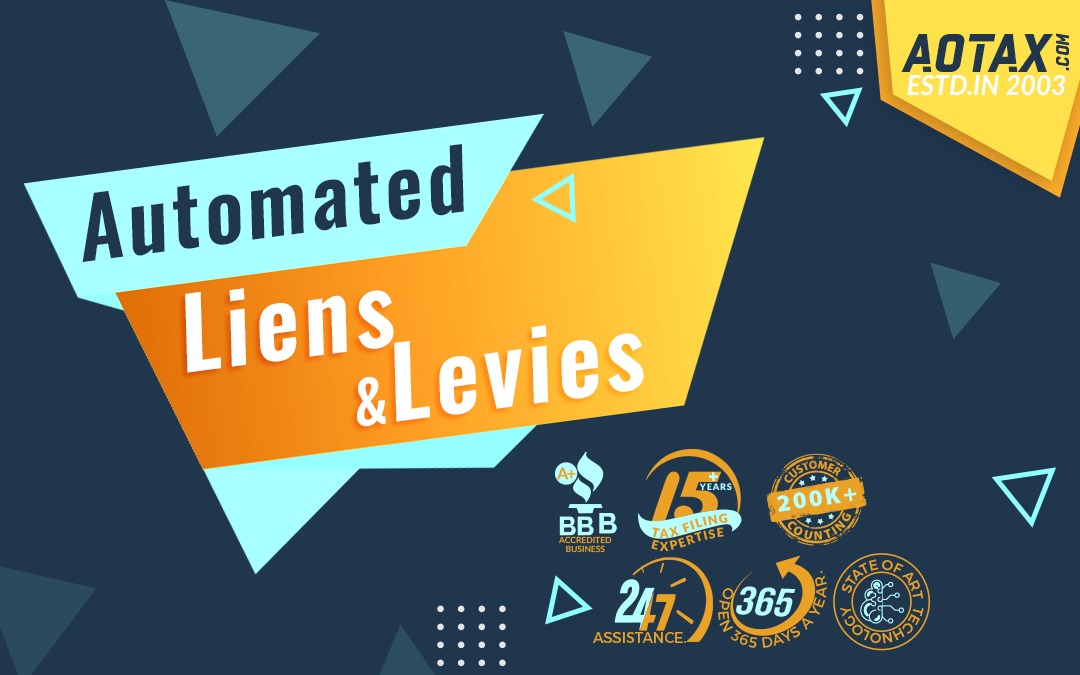




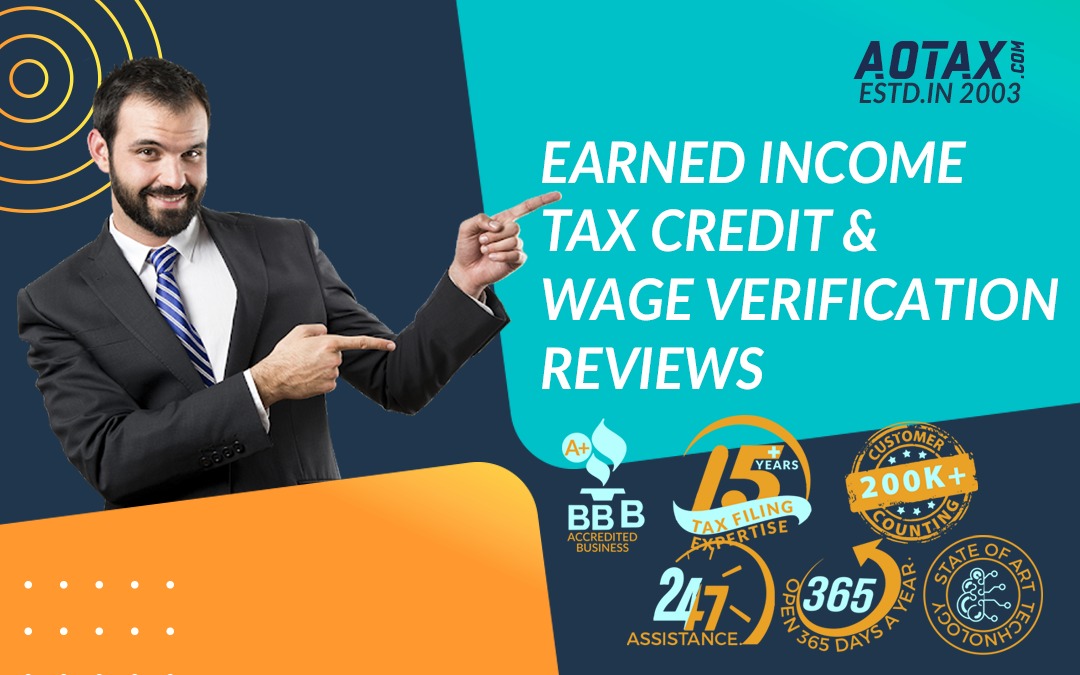

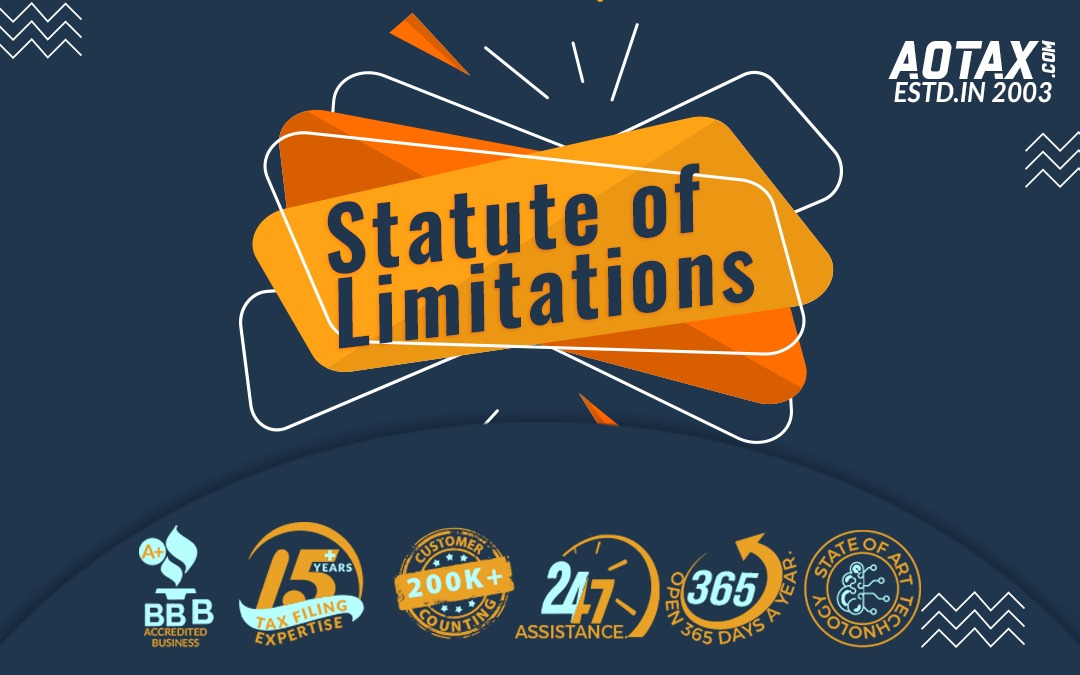

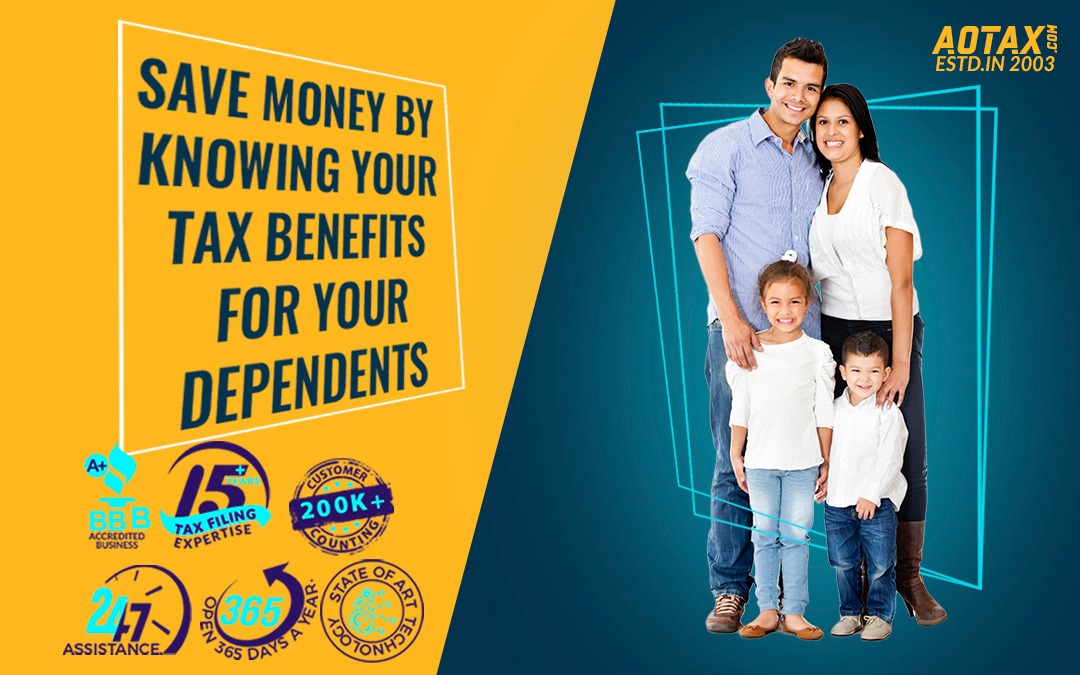

Recent Comments